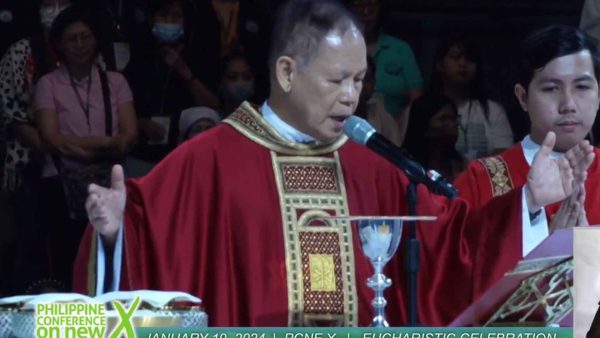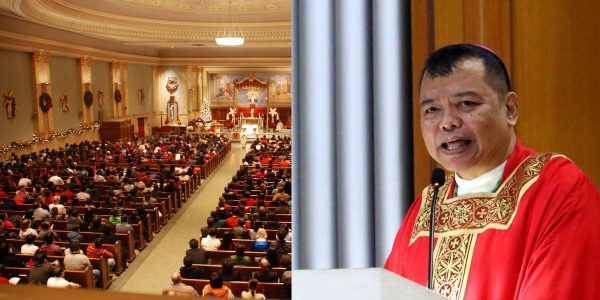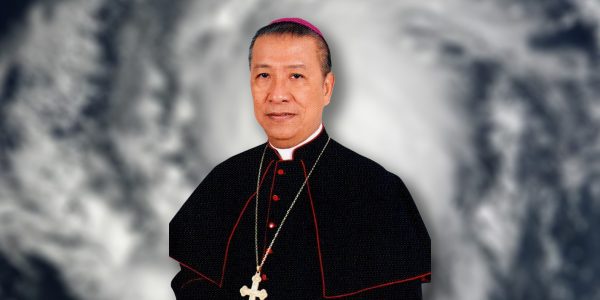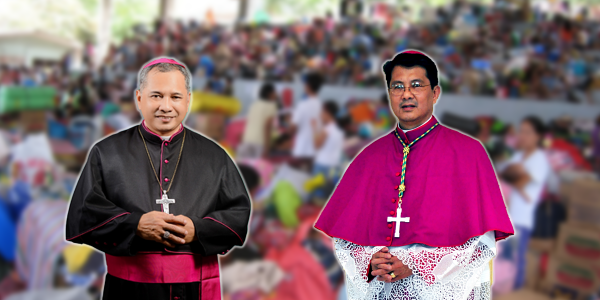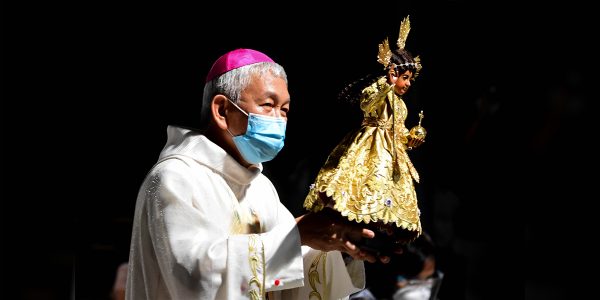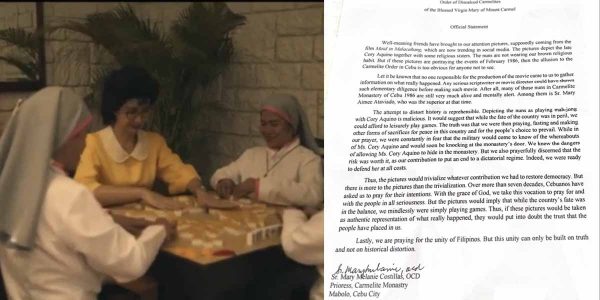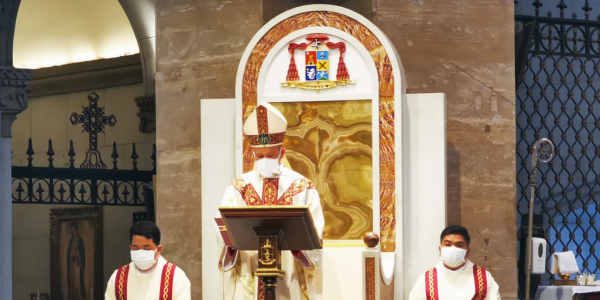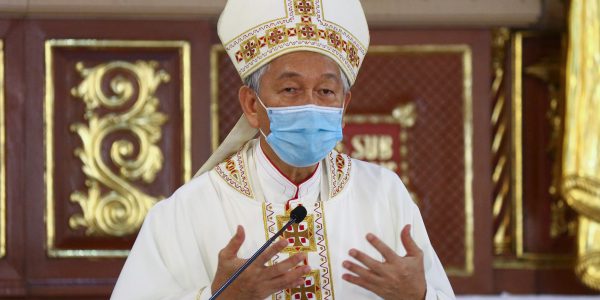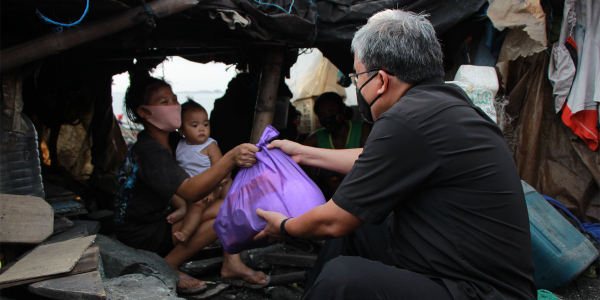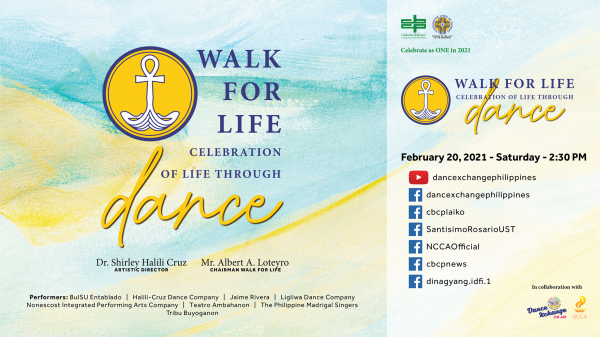210 total views
A theologian’s reflection about the Church teaching on Death penalty.
Yesterday August 3, 2018 news media both within and outside the Church circles were abuzz with the headline that Pope Francis just “changed” the Catholic Church’s teaching on the death penalty.
Particulary, it was on the revision that Pope Francis permitted to be introduced on number 2267 of the Catechism of the Catholic Church (the 1997 edition promulgated by then Pope and now St. John Paul II and is still in use until the present) where he taught the death penalty is now “…inadmissible because it is an attack on the inviolability and the dignity of the person.”
For the purpose of clarity and precision, let us see below the original text then followed by the revised edition:
Catechism of the Catholic Church on the Capital Punishment: Official Translation of the 1997 Latin text:
2267 Assuming that the guilty party’s identity and responsibility have been fully determined, the traditional teaching of the Church does nor exclude recourse to the death penalty, if this is the only possible way of effectively defending human lives against the unjust aggressor.
If, however non-lethal means are sufficient to defend and protect people’s safety from the aggressor, authority will limit itself to such means, as these are more in keeping with the concrete conditions of the common good and are more in conformity to the dignity of the human person.
Today, in fact, as a consequence of the possibilities which the state has for effectively preventing crime, by rendering one who has committed an offence incapable of doing harm – without definitively taking away from him the possibility of redeeming himself – the cases in which the execution of the offender is an absolute necessity ‘are very rare, if not practically non-existent.’
The Official Text of the Revised Version approved by Pope Francis on May 11, 2018 and published on August 2, 2018:
2267 Recourse to the death penalty on the part of legitimate authority, following a fair trial, was long considered an appropriate response to the gravity of certain crimes and an acceptable, albeit extreme, means of safeguarding the common good.
Today, however, there is an increasing awareness that the dignity of the person is not lost even after the commission of very serious crimes. In addition, a new understanding has emerged of the significance of penal sanctions imposed by the state. Lastly, more effective systems of detention have been developed, which ensure the due protection of citizens but, at the same time, do not definitively deprive the guilty of the possibility of redemption.
Consequently, the Church teaches, in the light of the Gospel, that ‘the death penalty is inadmissible because it is an attack on the inviolability and dignity of the person,’ (emphasis added) and she works with determination for its abolition worldwide.”
Did Pope Francis Change Church Teaching?
If by “change” we mean altering the teaching in a way that it is now totally different, if not even diametrically opposed, to what was being taught before and has been constantly taught throughout the history of Catholic Church teaching, the answer is NO.
But if by “change” we mean bringing into fullness or putting more emphasis to what has been consistently taught throughout millennia of Catholic Church teaching, then the answer is YES.
In the Catechism of the Catholic Church, the teaching on death penalty can be found in numbers 2266 and 2267.
In 2267 we can read: “…the traditional teaching of the Church does not exclude (emphasis added) recourse to the death penalty, if this is the only possible way of effectively defending human lives against the unjust aggressor.”
This gave the impression that the Catholic Church promotes the capital punishment as a way to address the question on what to do with those who commit heinous crimes and bring harm to society. Add to this the preceding numbers 2263-2265 where “legitimate self defense” is taught to accept the possibility of taking the life of an actual aggressor (i.e., a real threat to one’s life) as morally acceptable.
But if we read the whole tenor of numbers 2266 and 2267, we can easily see that the Catechism is teaching in the direction of restorative justice, i.e., not taking away the life of the evildoer so as to not take “away from him the possibility of redeeming himself.”
Number 2267 continues: “ If, however non-lethal means are sufficient to defend and protect people’s safety from the aggressor, authority will limit itself to such means, (emphasis added) as these are more in keeping with the concrete conditions of the common good and are more in conformity to the dignity of the human person.”
Furthermore, CCC 2267 sees capital punishment as acceptable “only in rare occasions.” And observing that “ (t)oday, in fact, as a consequence of the possibilities which the state has for effectively preventing crime, by rendering one who has committed an offence incapable of doing harm – without definitively taking away from him the possibility of redeeming himself – thecases in which the execution of the offender is an absolute necessity ‘are very rare, if not practically non-existent’” (emphasis added).
By referring to conditions that may allow for capital punishment to be exercised as “…very rare, if not practically non-existent” 2267 almost practically rules out capital punishment as part of the Catholic Church’s teaching.
With Pope Francis exhorting in the new version that the capital punishment is “…inadmissible because it is an attack on the inviolability and dignity of the person,’ (emphasis added) and she works with determination for its abolition worldwide”, he did, as chief doctrinal teacher of the Church, “change” the teaching of the Catechism but not in the sense of bringing it to the opposite direction but in the sense of directing it to its fullest expression.
Fr. Joel O. Jason, SThL,
Parish priest of Mary Mirror of Justice Parish in Comembo Makati City;
Professor of Moral Theology
in San Carlos Seminary
and head of the Commission on Family
and Life of the Archdiocese of Manila.











